When Life is Strange: Before the Storm was first announced, I have to admit, I was skeptical. I loved the first game, so I was definitely excited for this one, but there were a few things that gave me pause. However, after playing the first episode, “Awake,” I think most of my worries have been alleviated. (Well, at least so far; we still have two more episodes and then a bonus episode to go, after all.)
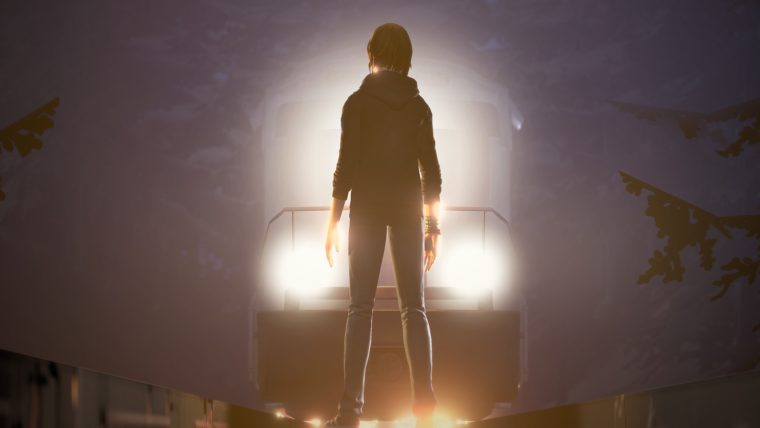
Deck Nine made Chloe much more relatable than I would have thought.
Obviously, the biggest departure that Before the Storm makes from the original Life is Strange is that in this new game the player plays as Chloe Price, the original game’s deuteragonist, rather than Max Caulfield, the playable character from the first game. This was one of the main things I was worried about when I first learned of it. There were many reasons why I immensely enjoyed the first Life is Strange, but one of those reasons was because I loved Max. I found her both very relatable and likable (well, she was relatable and likable the way I played her, at least). Chloe, on the other hand, was… difficult. I thought she was a great character in the first game, with DONTNOD (the original game’s developer) doing a fantastic job of creating a character who, despite her obvious flaws and shortcomings, had much more complexity than the stereotype she tries so hard to fit. Perhaps more importantly, it was very interesting seeing her in contrast to Max, especially given that they were (or are) best friends. That being said, a large part of my Life is Strange playthrough was spent trying to keep Chloe in check, making sure she didn’t do anything too stupid, as much as I could. As someone who never went through a rebellious phase in my teenage years myself, I had a hard time relating to Chloe, even if I appreciated her character’s contribution to the game. That didn’t deter from my experience, however, because, as stated above, I was definitely able to relate to the character I was playing as and how she (or at least my version of her) was the responsible one in a social circle full of irresponsible and immature peers (just one of many ways I could relate to her). As I said, I thought Chloe was great in Life is Strange and thought she had an important role to play, but when I heard that she was going to be the playable character in Before the Storm, I was worried that I’d be playing as a character that I can’t relate to and, in a story-driven game based on player choices, that didn’t seem all that appealing to me.
But I’m happy to say that Deck Nine made Chloe much more relatable than I would have thought while still holding onto the characteristics that made her Chloe in the first game. When I’m playing these story-driven adventure games, I like to try to explore everything as much as possible. So as soon as I gained control of Chloe for the first time, I immediately looked through her journal and text messages and everything so I could see what’s going on inside her head and I’m glad I did so. Players knew from the first game that Max and Chloe hardly communicated over the five years that Max was in Seattle instead of Arcadia Bay, but details were left pretty vague. In Chloe’s text messages (or just “texts,” rather; Chloe makes a point about that), we see that she tried several times to keep in touch with Max. She wasn’t smothering Max or anything, just making legitimate attempts to contact her best friend every few days or weeks. Max always gave one of two responses: either she was too busy and would talk later (only to not talk later) or radio silence. This was pretty painful to see for a few reasons. For one thing, as I said before, I loved Max in the first game, so to see her act this way was disappointing, though believable. Not to get too sappy, but I’ve been on the receiving end of these types of friendships my fair share of times, so seeing these text exchanges definitely helped me to relate to Chloe more. However, I also understand Max’s point of view. Sometimes we’re just legitimately too busy to contact people who aren’t appearing in our lives regularly. Sometimes we just can’t emotionally deal with some people but don’t really know how to tell them. Chloe’s dad died just before Max had to move to another state and then Chloe, it seems, pretty quickly started shifting into her unnecessarily rebellious phase; I can understand why Max wouldn’t particularly want to be involved with all that drama. That may make her a bad friend, but it’s also just realistic human behavior. But clearly this whole ordeal has taken quite a toll on Chloe. She brings up Max “abandoning” her every chance she can get, even (and especially) in her own internal dialogue, where it’s not like she’s trying to prove something to someone else. A possible fault in the game is that Chloe dwells on Max leaving her so much that it gets pretty redundant. However, Chloe is also well known from the first game for beating a dead horse as much as she can. Part of her “punk” attitude, I guess. Still, I can only listen to Chloe complaining about Max so many times in a 3-4 hour span of time before I just start writing off her complaints.
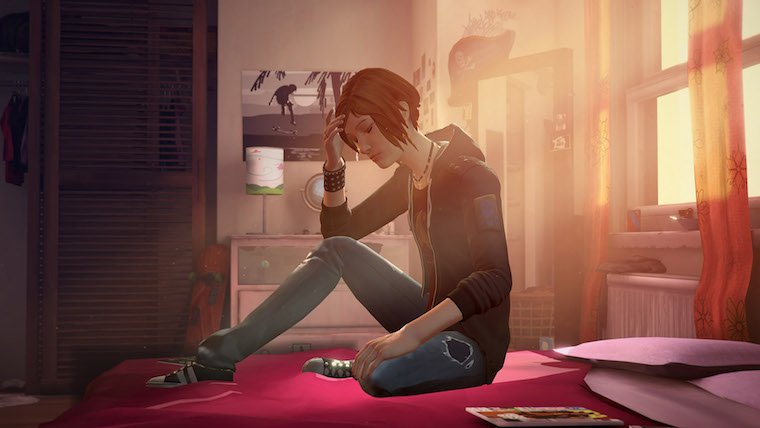
Another big difference from the first game is also connected to the replacement of Max as the playable character. Since we’re no longer playing as Max, we no longer get access to her Rewind ability. I have to say, this took some getting used to. I kept almost doing things in the first scene that I might regret thinking, “Well, if this goes badly, I’ll just Rewind and- oh, right.” It was pretty weird playing a game with Life is Strange in the title and not being able to Rewind, but it did add an extra sense of urgency to Before the Storm. Without the ability to change your mind or correct your mistakes, you really have to think about your actions before you make them. This is kind of ironic given how reckless Chloe tends to be, but this game takes place in a time where it seems being a teenage punk is still relatively new to her. You can see Chloe clearly trying to act tough and cool, but not quite knowing how to do it all the time, so maybe thinking about her actions is something that isn’t completely foreign to this 16-year-old Chloe, whereas it might have been to the 19-year-old Chloe from the first game.
Another thing Before the Storm does well is it reintroduces characters from the first game in a way that makes sure they’re recognizable yet different in ways that make sense.
Instead of the Rewind mechanic, Chloe gets Backtalk challenges. As the people from Deck Nine have stated, Backtalk isn’t a replacement of the Rewind mechanic since they’re completely different things; it’s just an extra thing Chloe can do that makes sense for her to do that wouldn’t have made sense for Max to do, since it wouldn’t make sense for Chloe to be able to Rewind. One of the interesting things about the Backtalk challenges is that most of the time you can just avoid doing them. However, you may find yourself doing them anyway because they’re actually pretty fun. While the dialogue that ensues from Backtalk is often mindless teenage backtalk (so the name of the mechanic is pretty appropriate), it is weirdly satisfying seeing your Backtalk gauge fill up for choosing the responses that elicit the reactions you’re trying to get. I have no doubt that this is intentionally meant to replicate the satisfaction that Chloe gets out of insulting and degrading people until they give up and let her have her way. I usually tried to avoid Backtalking, especially when it didn’t seem necessary (as angsty teenage backtalk often isn’t), but when you occasionally need to tell off a bully or verbally assault a Dragonkin in a Dungeons and Dragons game, it’s pretty fun.
Another thing Before the Storm does well is it reintroduces characters from the first game in a way that makes sure they’re recognizable yet different in ways that make sense, since these are iterations of those characters three years younger. Victoria is still a jerk, but not quite as bossy, since in this game she’s just a sophomore still trying to get accepted into the Vortex Club, rather than the senior in charge of the club we see in Life is Strange. David is still not the easiest person in the world to get along with, but we also see him making a concerted effort in trying to win over the daughter of his girlfriend (well, to a degree, anyway). Plus, there are plenty of new characters to get to know. In a recent Reddit AMA, some members of Deck Nine stated that the new character Steph is one of their favorites and I concur. She and Mikey are pretty much the best characters in the game (well, at least the best new characters).
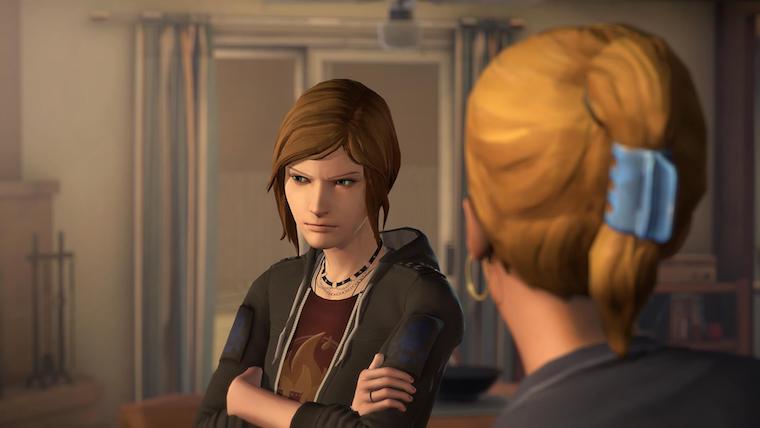
In an earlier article, I wrote about how I was worried that playing as a character as previously established as Chloe would undermine the choice-making mechanic in the game. By this I mean that since Chloe’s character is so clearly defined in the first game, giving her the ability to make actually different choices without any of them seeming out of character is a very difficult endeavor. This did in fact present problems sometimes, such as when I tried to apologize to a guy at a concert for accidentally spilling beer on him and Chloe’s idea of an apology was to just mutter “My bad, dude,” in a snarky manner. If you’re gonna give me the option to apologize, at least let me actually apologize. There were also times when my “options” were really just the same option in different words, which is something that most games like this are guilty of at least a few times. However, this problem wasn’t nearly as bad as it easily could have been, so I commend Deck Nine for that. In an argument with Chloe’s mother, Joyce, I was eventually given the decision to either stop arguing and just be respectful or keep arguing to express Chloe’s honest opinion. Respectfully shutting up is not something I could see Chloe doing in the original Life is Strange, but the writers were able to make it work in Before the Storm by setting Chloe up as someone clearly angry about the world but still just trying out the whole rebellious schtick and not wanting to actually hurt people, especially her mom. I was able to thank David, Joyce’s boyfriend who Chloe hates, for driving me to school, even though that’s not something Chloe would do in the first game either. Again, this came off as believable in Before the Storm not only because Chloe’s “thanks,” while being sincere, was also treated by her as not a big deal (and also an attempt to get along with David for her mom’s sake), but also the ensuing interaction really sold it. I thanked David, but he just kind of brushed it off, assuming Chloe was being sarcastic, even though (for once) she wasn’t. Again, I was given a real choice that still managed to stay true to the characters as we know them, even if it was a choice 19-year-old Chloe from the first game wouldn’t have made.
I find this relationship [between Chloe and Rachel] really interesting and can’t wait to explore it further in the next two episodes.
So now we get to the main attraction: Rachel Amber. Even though there’s obviously a lot more going on, Chloe and Rachel’s friendship is kind of the centerpiece of the game, the way Chloe and Max’s was in Life is Strange. Rachel was kind of a mythic figure in the first game, someone we kept hearing about but never knew other than vague details we would get from various sources with varying levels of reliability. So seeing and interacting with her in Before the Storm was sort of surreal. Which is sort of fitting since, even in this game, Rachel is kind of a mythic figure in that she’s the pretty, perfect, popular girl who everyone loves but who the playable character herself doesn’t really know, so when they actually start hanging out, it’s probably just as surreal for Chloe as it is for the player. Chloe and Rachel’s relationship is an odd one. Obviously everyone will interpret it in their own way, but what I was getting from their interactions is that the reason why they seem to connect so well almost immediately upon really meeting for the first time isn’t because of some spiritual or intrinsic connection to each other. Rather, I think it started with simply an infatuation with each other’s supposed lifestyles. On paper, they seem like complete opposites, but we know that they are actually complex humans who are not simply their stereotypes. I don’t know that Chloe or Rachel are thinking that deeply about it though; I think Chloe sees Rachel as the popular girl who secretly wants to be a rebel and Rachel sees Chloe as the rebel who secretly wants to be accepted. In other words, Rachel is the “good girl gone bad” and Chloe is the “rebel,” but both are interested in playing roles that they aren’t known for, and they both see an opportunity to do that in a relationship (whether it just be friendship or “something more”) with each other. Furthermore, they both have emotional problems that, for their own reasons, they feel they can’t disclose to anyone else in their lives, so they’re both desperate for someone who they can open up to without fear of being judged and, again, they see the opportunity to do so in each other. So basically, I don’t think that the two of them are “soulmates” or anything like that, but rather they’re both people who are lonelier than they normally let on and happened to meet each other under unusual circumstances during a time in each of their lives where they both needed someone like who they think the other can be. That’s my impression, at least. I don’t know if you can tell by the fact that I just wrote a long paragraph about it, but I find this relationship really interesting and can’t wait to explore it further in the next two episodes.
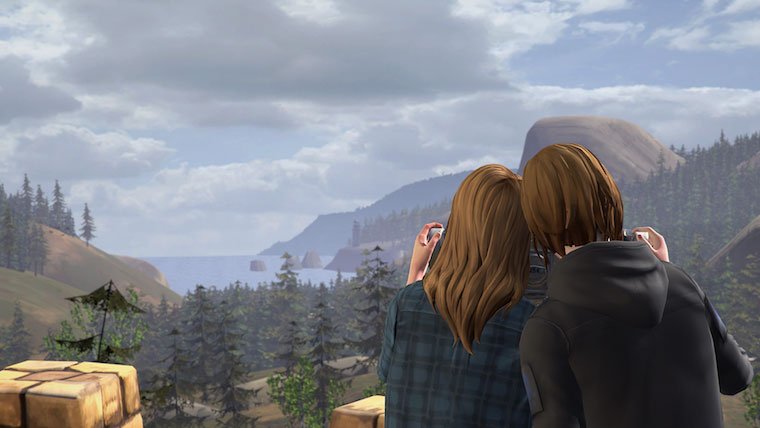
The Verdict
Like any game, Life is Strange: Before the Storm has its issues, but it’s hella great nonetheless. Sometimes the choices aren’t real choices, but they usually are. Occasionally the dialogue seems contrived, but most of the time it’s expertly written. And for as fun of a mechanic as Backtalk is, I kind of wish I wanted to use it more in terms of the narrative. Overall, “Awake” is a great start to what I hope will ultimately be a great game. As a follow-up to Life is Strange, a game that is near and dear to my heart, I think Before the Storm is definitely on the right track and I eagerly await the remaining episodes.


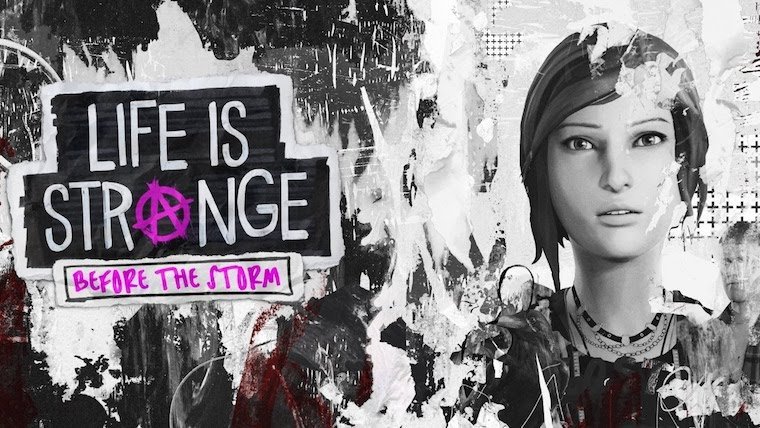
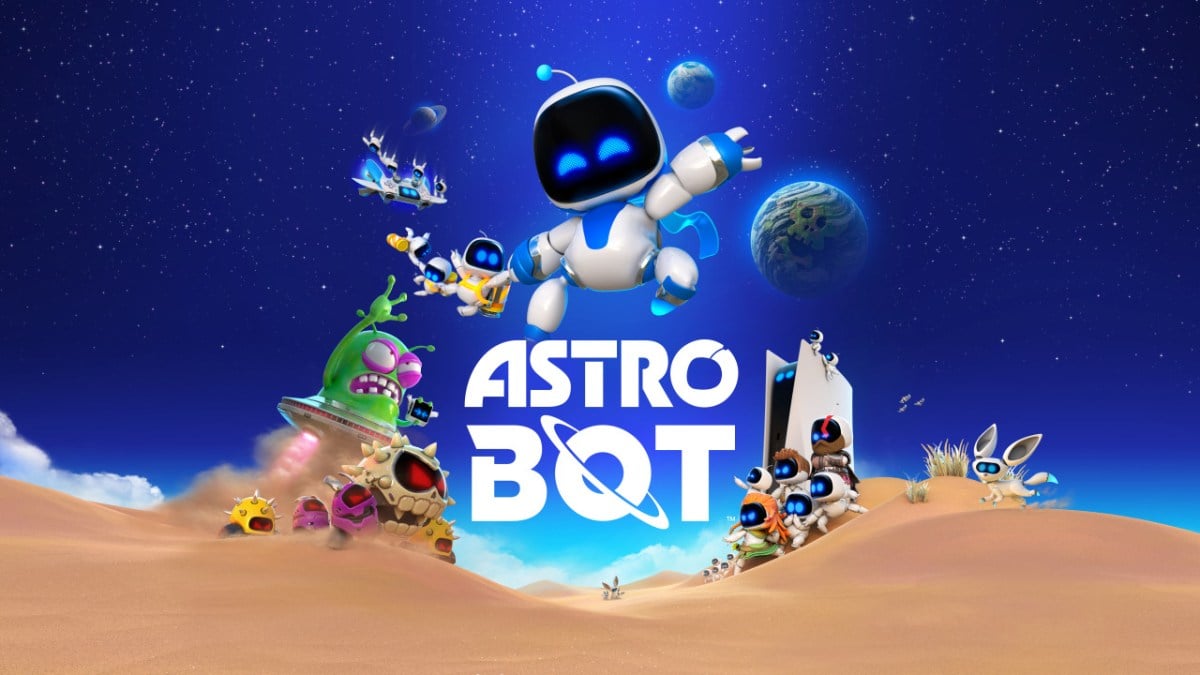
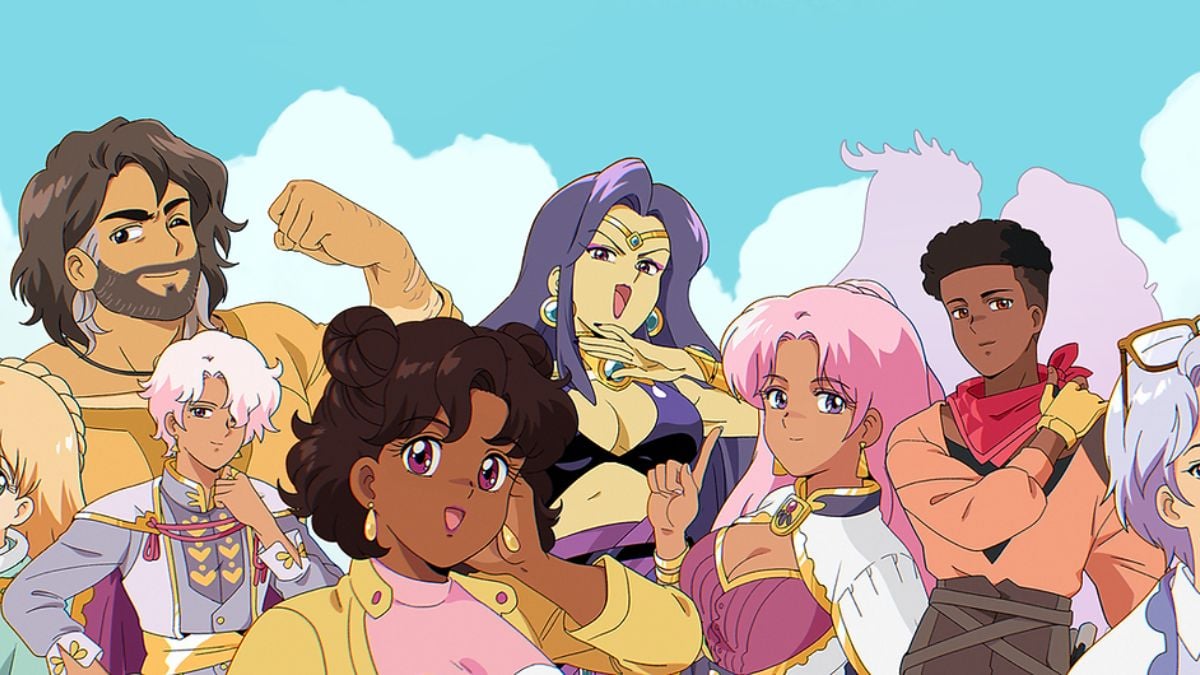
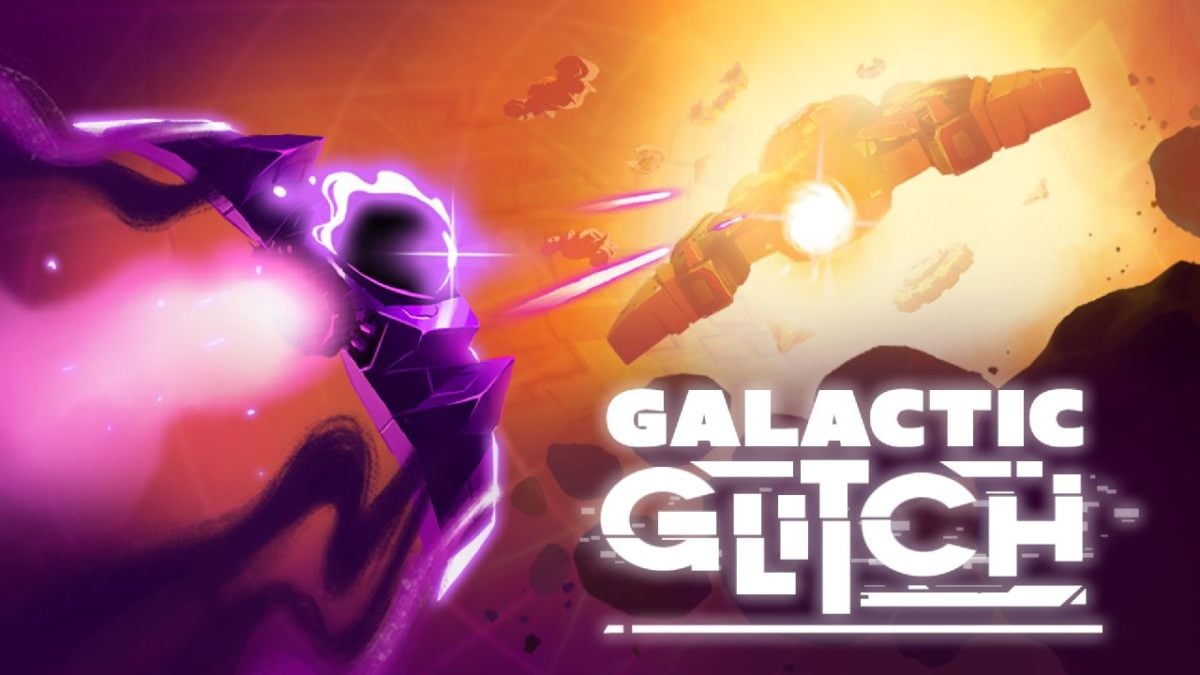
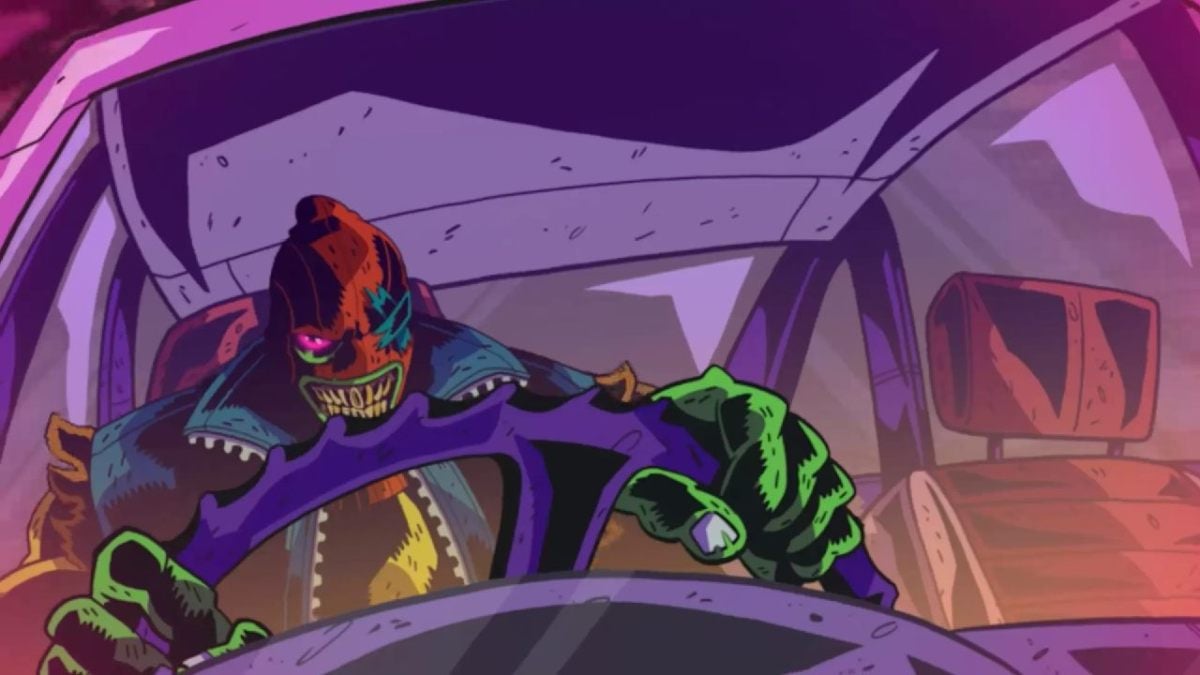
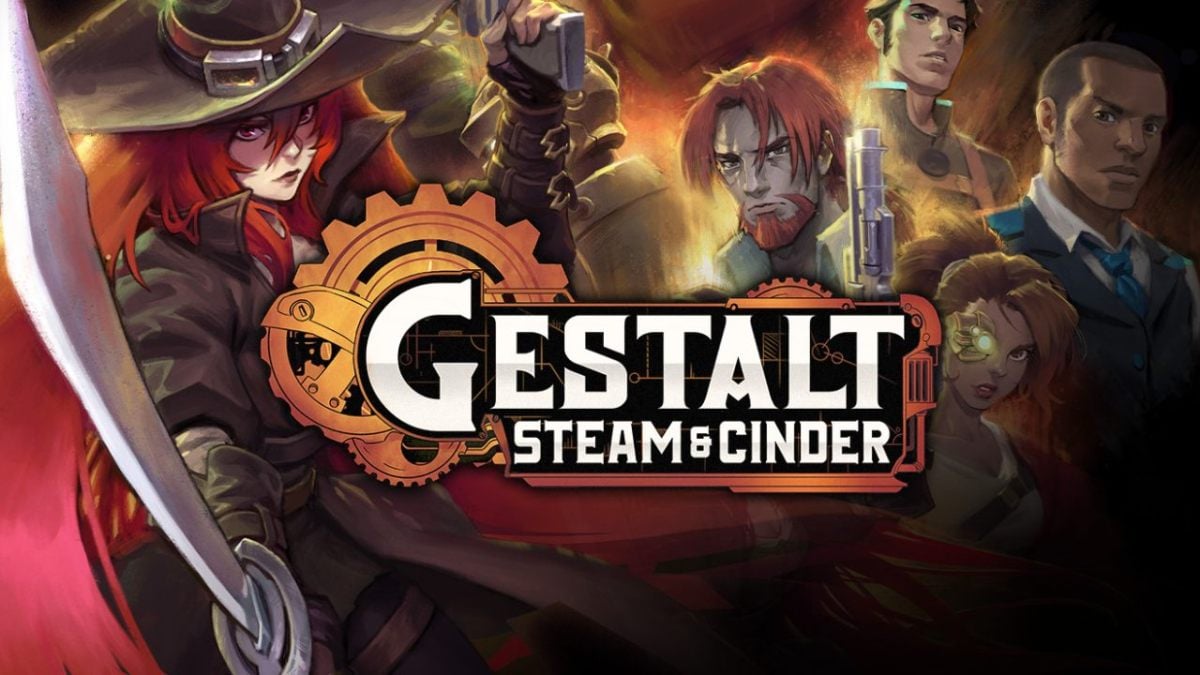
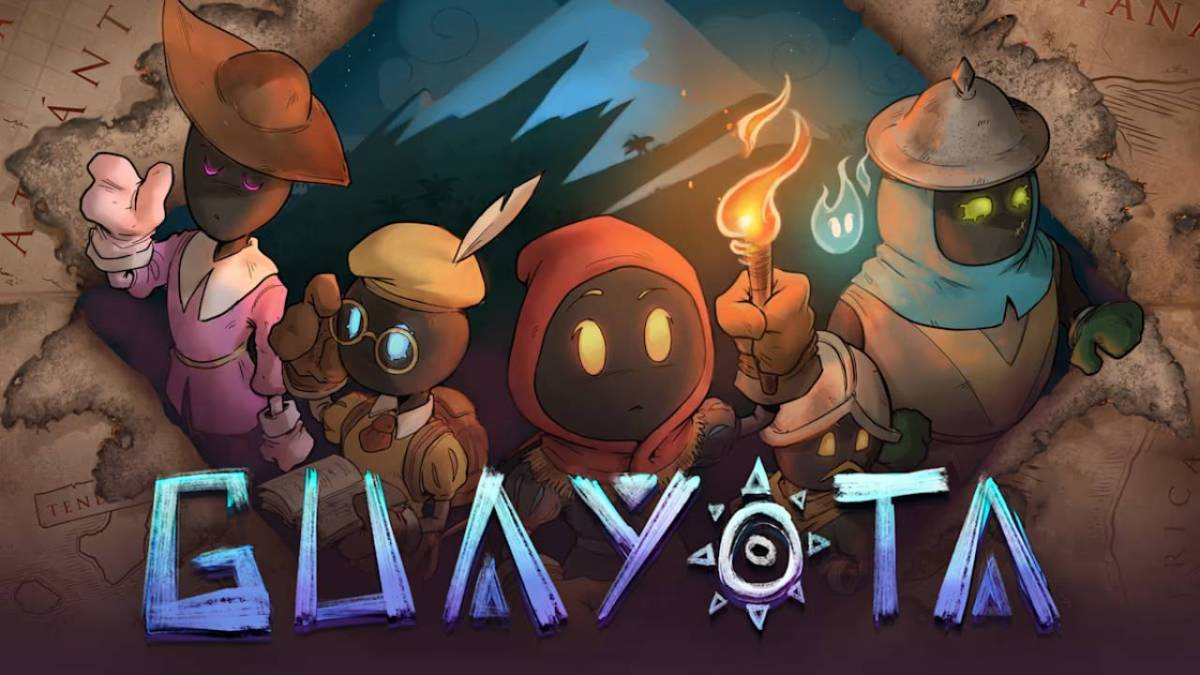
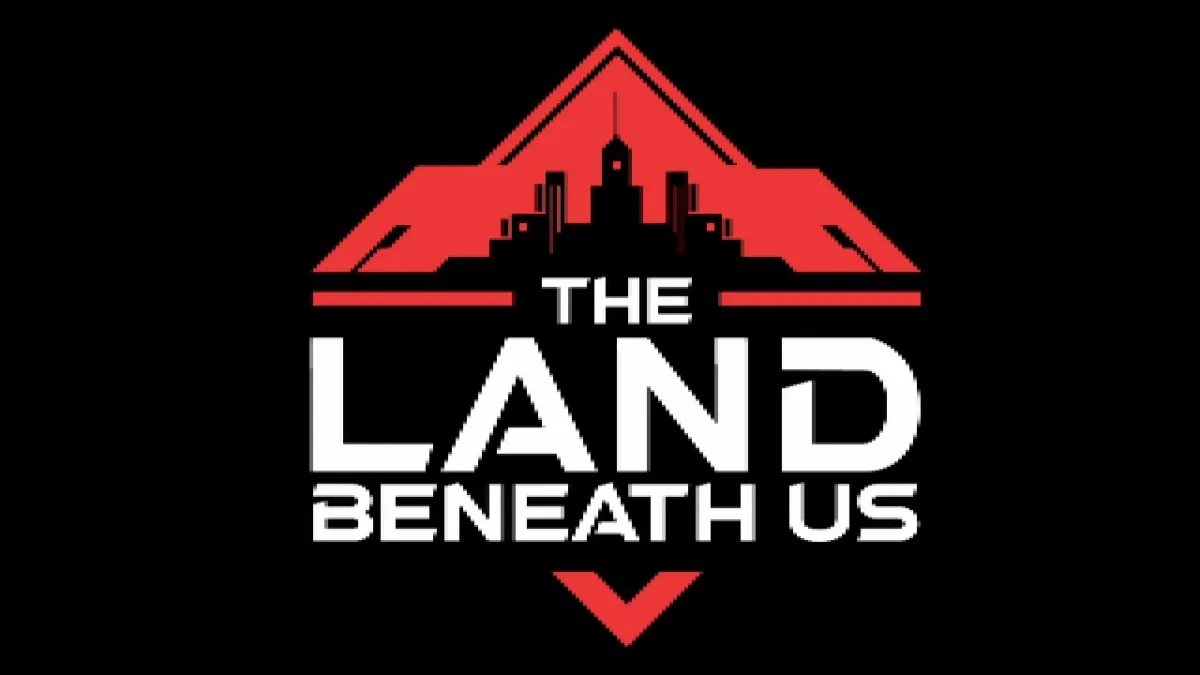
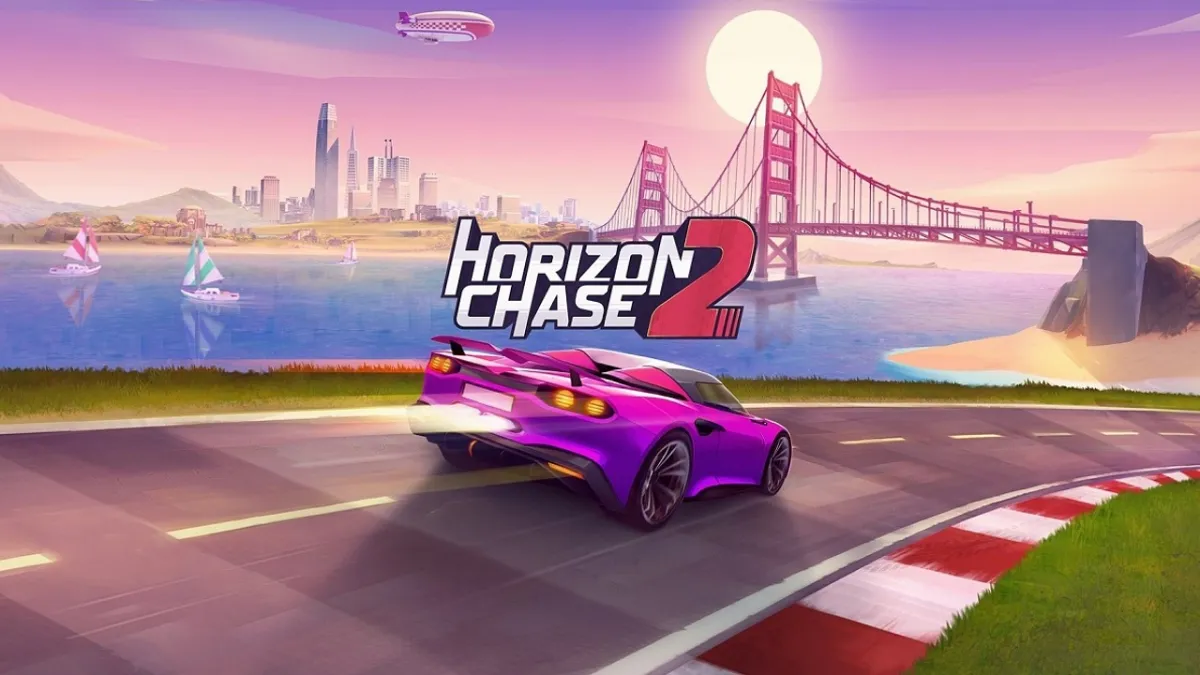
Published: Sep 1, 2017 09:59 am